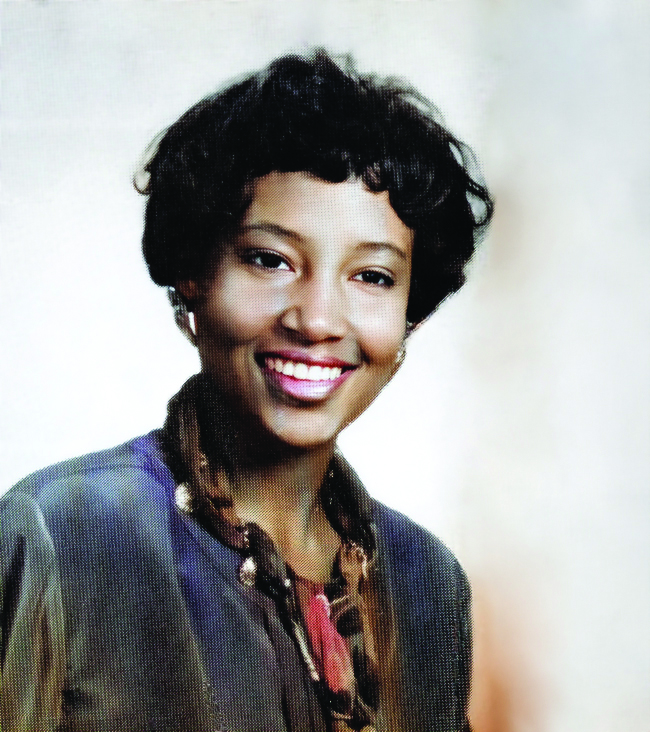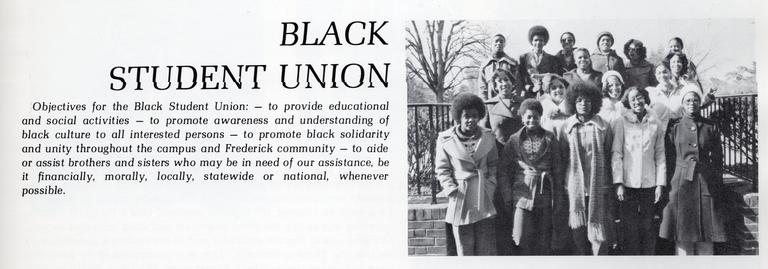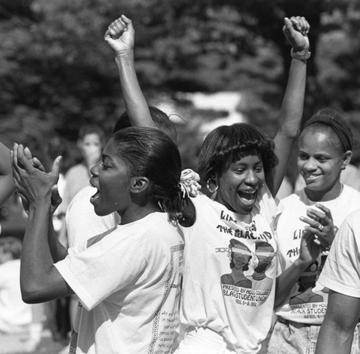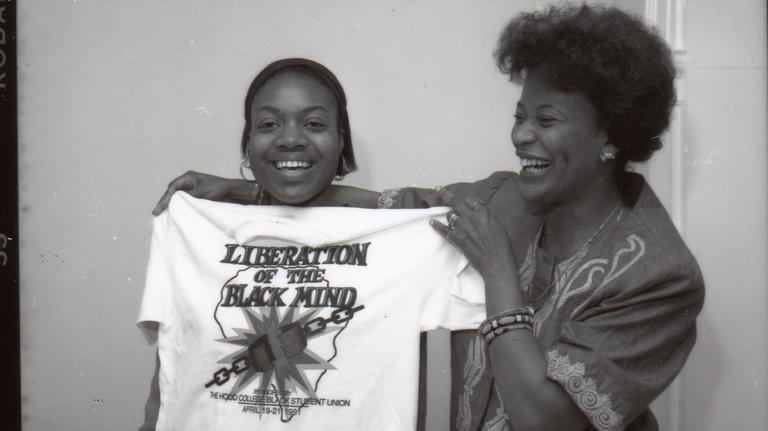The Black Student Union Legacy | BSU 50th Anniversary

Jawuana Greene '92 discusses her involvement with Hood's Black Student Union and the Liberation of the Black Mind Conference (Liberation Weekend).
Jawuana Greene '92
Department
- Political Science
This year, the Black Student Union celebrates its 50th anniversary at Hood College. Established in 1974, the BSU’s founders envisioned the club as both a social and an educational union, meant to increase inclusion and understanding on campus, making a lasting impact not only on the Hood community, but the surrounding Frederick area as well.
For alumni like Jawauna Greene ’92, BSU represented a way for her to find her community on campus. “The population of Black students was very small at the time, and many of us had never lived away from our communities and families,” Greene said. “I found safety and support.”

Greene earned a B.A. in political science from Hood and currently serves as the assistant secretary of transportation at the Maryland Department of Transportation. She fondly remembers her time as a member of BSU and recalls some of her favorite memories at Hood being made at many BSU-hosted events, including annual BSU dances and soul food dinners. “We met Black students from regional colleges and had loads of dates!”

Of all the events hosted by Hood’s BSU, perhaps none have been more impactful than the Liberation of the Black Mind Conference. “Liberation” is one of Hood’s largest and longest-running student-led traditions, providing an important forum for addressing current educational, cultural and social problems faced by Black Americans, while also promoting unity, knowledge and intellectual power.
Greene believes Liberation is vitally important because of the diversity of thought and experiences within the Black community. “Given the current climate in our nation, where assimilation is being pushed, diverse communities must stand together to honor our heritage and the contributions we have made in forming this great nation,” she said. As one of Liberation’s founding members, the event’s legacy is what she’s most proud of.

While reflecting on her time with BSU, Greene notes how much has changed since she was a student. “[Today’s] BSU has broadened the tent of inclusion to include more social issues related to gender and sexuality,” she said. “The group has also focused more on social justice issues that go beyond the College community.”
Greene is proud of how far BSU has come, and she hopes that the club will stay true to itself. “BSU should always remain a place of comfort, community and advocacy for marginalized communities, but also recognize that Black students have unique and compelling challenges that require support beyond simple celebrations and occasional history references.”
Are you ready to say Hello?
Choose a Pathway
Information will vary based on program level. Select a path to find the information you're looking for!
